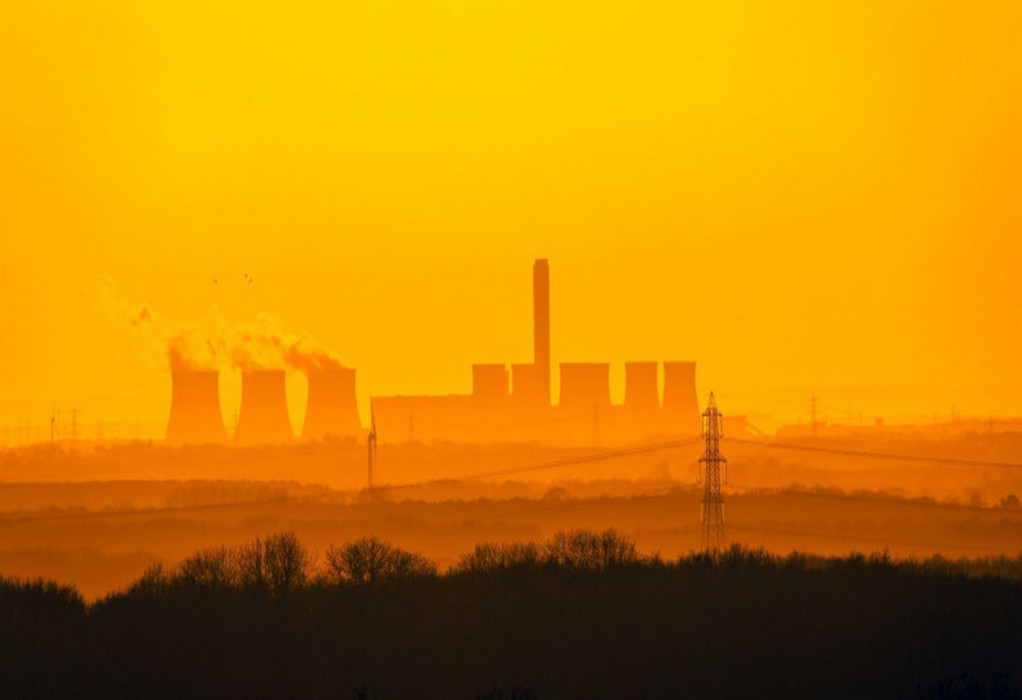Canada is struggling to get a key tool in place for major carbon capture and storage (CCS) projects, said a representative of one of the largest such ventures, as the country seeks to launch incentives vital to cutting emissions from Alberta’s oil sands.
A government fund has told the Pathways Alliance, comprised of the six largest oil and gas producers in Canada, that their project is too large and too risky for a contract for difference, a tool which would lock in future carbon credit prices.
The mechanism gives investors in CCS certainty about their future revenue by setting a minimum price for their carbon credits. Oil companies in the country’s highest-emitting sector are counting on CCS to help dramatically cut emissions while continuing to pump oil and gas.
Pathways is still in talks with the government to set up such a contract, though probably not through the C$15 billion ($11 billion) Canada Growth Fund – a body set up last year by the Finance Ministry to help attract private investment in clean tech by mitigating financing risks – the representative said.
Canada is the world’s fourth-largest oil producer, and Prime Minister Justin Trudeau has made getting to net-zero by 2050 a guiding principle of his government in recent years.
However, Canada is lagging behind the U.S., which has offered massive incentives to clean tech companies under the U.S. Inflation Reduction Act (IRA) for more than a year now.
But Canada’s system is more complex because, unlike the U.S., it has a carbon pricing system that will allow companies that capture or reduce emissions to sell carbon credits.
Carbon credits represent reduced or avoided carbon emissions, and companies use them to mitigate greenhouse gases they generate. However, environmental groups have said these schemes allow companies to appear to take climate action when in reality they are not cutting emissions.
The Pathways Alliance CCS hub would store emissions from 14 oil sands projects at an estimated cost of C$16.5 billion ($12.2 billion) by 2030. The project will take years to build and so Pathways is counting on government support to move forward.
The government has told Pathways that the Growth Fund may not be equipped to handle some projects, said the Pathways representative who asked not to be named. The alliance includes Canadian Natural Resources Ltd (CNQ.TO), Suncor Energy (SU.TO), Cenovus Energy (CVE.TO), Imperial Oil (IMO.TO), ConocoPhillips Canada (COP.N) and MEG Energy (MEG.TO).
Pathways aims to sequester 14 megatonnes of carbon per year and the federal benchmark for credits in 2030 is set at C$170 per tonne. The contract would help pay for capital and operating costs, Pathways says.
Canada set up the Growth Fund last year, which is run through the Public Sector Pension Investment Board, a federal Crown corporation.
A number of other industries are also looking to use contracts for difference. Adam Auer, president of the Cement Association of Canada, said the contracts are vital to attracting foreign investment.
Tags: Canada, Carbon Capture, CCS Projects, Oil



Recent Posts
Seafarer Wellbeing Highlighted in New Decarbonisation Guidance from ISWAN
India Outlines Green Hydrogen Strategy at World Hydrogen Summit 2025 in Rotterdam
Port of Rotterdam and EDGE Navigation Partner to Advance Liquid Hydrogen Infrastructure
Finnlines Launches Low-Carbon “Green Lane” Sea Transport Service with Up to 90% Emission Cuts
Microsoft Teams Up with NORDEN to Cut Maritime Supply Chain Emissions
Höegh Autoliners’ Fifth Aurora-Class PCTC Enters Service with Multi-Fuel Capability
Next-Gen Marine Propulsion: MAN Launches Methanol Super Engine
Port of Amsterdam Marks First Ship-to-Ship Methanol Bunkering